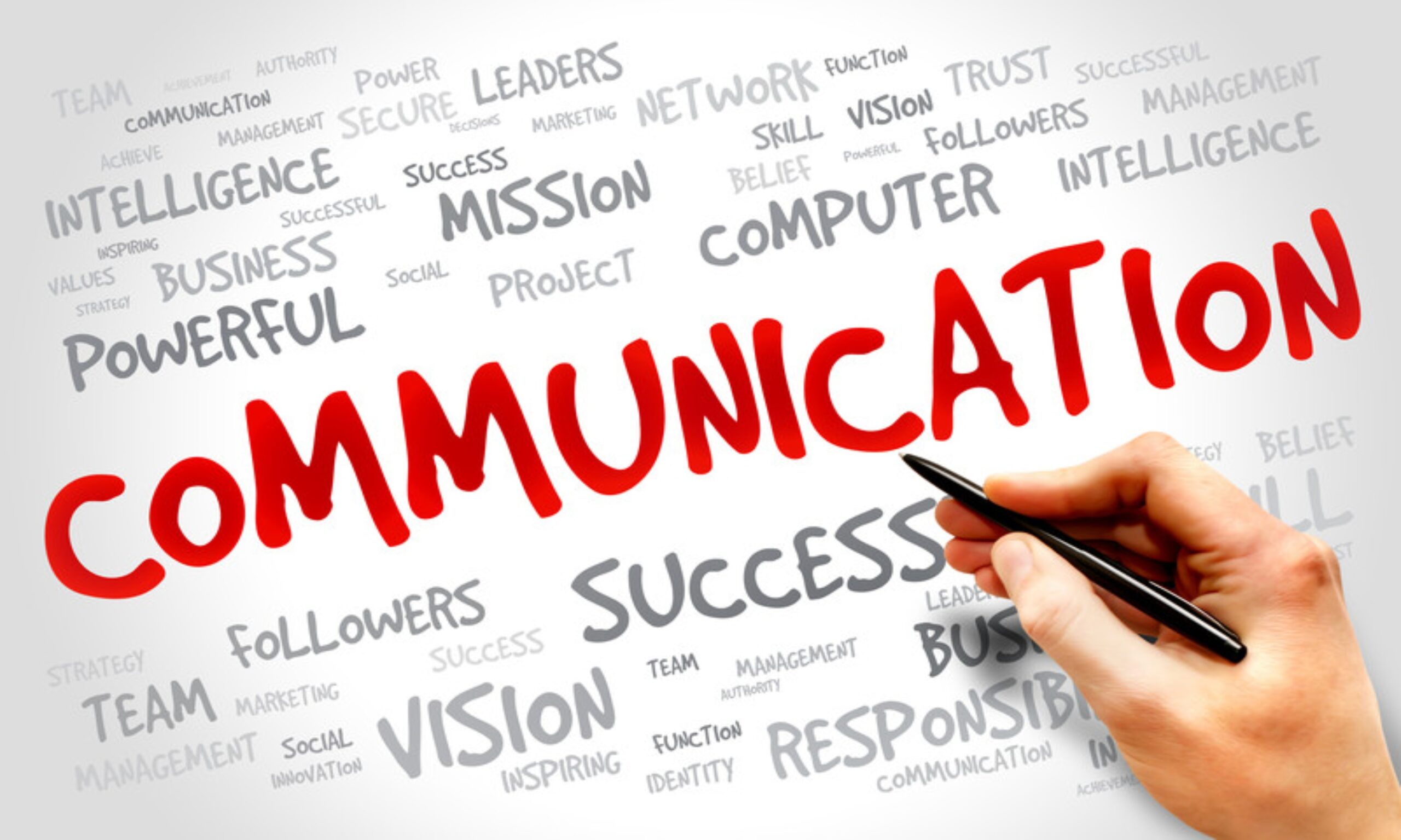You communicate whether you’re giving a speech, writing a note to a friend, or winking to a love interest. When you pass an idea, thought, or information to someone, you’re simply communicating with that person. Communication has to have a meaning or a purpose to it. When the person the message is intended for understands the idea or information you have in mind, then you have communicated.
We communicate every day. Our nature requires that we interact with each other and share ideas and thoughts. This conversation can be about different topics, and misunderstandings can arise because of the diversity of our interactions. Admittedly, effective communication can reduce misunderstandings that arise from improper communication. However, only some possess these effective communication skills.
Many people need to learn how to communicate effectively. With the many forms of communication available to us, we need to understand them and how to communicate better with them. The increasing polarization of society means that people tend to misinterpret and see messages as an attack on them. However, if we communicate effectively, we can bring people closer to us, share ideas and analyze views.
The growth and development of a society depend largely on its norms. These norms can only be achieved if different viewpoints are analyzed, debated, and discussed politely. Also, communication helps lead a group of people in the workplace or an organization. You can only be a great leader if you communicate your plans and share your ideas with your team.
To enhance your communication skills, you have to consider other forms other than the commonest ones. This is necessary because it helps deliver your ideas clearly to different people. Many people have strong views that are not negotiable. Discussions about this sort of non-negotiables, like people’s values and cultures and other value conflicts examples, need people with effective communication skills so that it doesn’t deteriorate into a shouting match.
Another way of communicating effectively is by using different communication forms while passing your message. Effective use of any form of communication will better highlight your message and prevent misunderstanding.
Verbal Communication

source: pinterest.com
Verbal communication, also known as oral communication, is considered the commonest form of communication. Verbal communication can occur in person or over the phone. With technological advancements, people can speak with each other without being present.
Storytelling in verbal communication is an important way of passing information, especially in an organizational setting. In storytelling, values are highlighted, and ambiguous information is clarified.
Apart from storytelling, face-to-face discussions are another important method of oral communication.
Face-to-face conversations are more effective when discussing plans or debating controversial ideas. In business settings, face-to-face discussions are also favored before agreements are reached on any major issues.
Written communication

source: pinterest.com
Written communications are printed information or ideas. If you are reading this, I’m passing information to you through print. And if you’re using a smartphone, you probably pass information to your friends daily using any messaging apps and social media.
Written communication involves letters, emails, and memos. Because written communication mostly involves writing, you need to be good at writing to better communicate with others if you favor this form of communication. Written communication is best for official information whose records need to be kept. Another advantage of written communication is that the information can be sent from the speaker to several people simultaneously.
Non-Verbal Communication

source: pinterest.com
Although verbal communication is important nonverbal communication is also crucial. When you speak, your body also gives some clues on how you’re feeling. Non-verbal cues like tone of voice, body stance, facial expressions, eye contact, and touch can determine how much your information or message is understood or delivered.
These non-verbal cues can affect the message you pass. Therefore if you’re looking to capture your listener’s attention and ensure that your message is effective, it is necessary to use the right tone of voice and posture when talking to your listeners.
If you experience stage fright, you will most likely not make eye contact. When you don’t make eye contact with your listeners, they will feel that something needs to be fixed, and your message will not be properly conveyed. The same thing applies if you’re speaking to an audience and folding their hands; you will not exude confidence and believability, and your audience will likely not agree with your words.
When speaking to an audience, no matter how frightened you are, make eye contact, maintain a steady voice and ensure that your body language exudes confidence. This way, your audience will be carried along and will be more inclined to listen to what you have to say.
Final Thoughts
Each form of communication has its advantages and disadvantages. Therefore, an effective communicator knows their audience and the best form of communication that will help assimilate the message easily. It is also important to remember that non-verbal cues contribute to the effectiveness of your communication.




